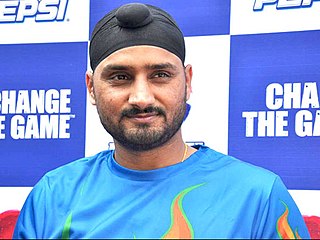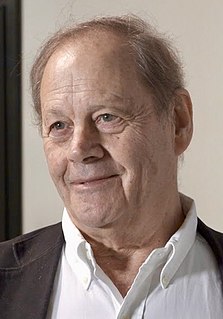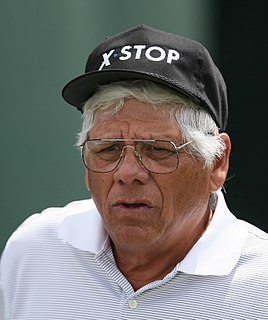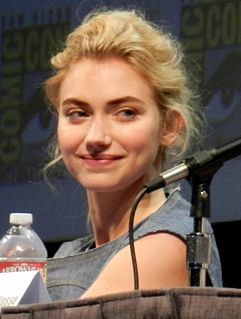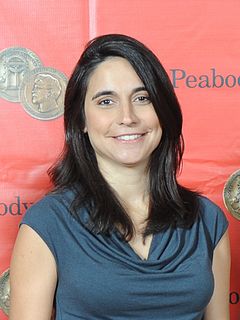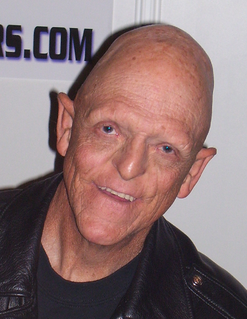A Quote by Steve Erickson
Moviemaking is a time machine: narrative spliced into fragments and reassembled into a constant present, the end of a story shot before the beginning, which is shot after the middle.
Related Quotes
If I'm ever working on a set and anyone talks about a master shot, I say there is no master shot. Before I even went to film school, I learned about movies by being in a British feature film, where everything was shot master shot, mid-shot, close-up. But I reject the idea of a master shot. You don't shoot everything mechanically; you find imaginative ways that serve the action.
At last, after almost fifty years in the hopper, the most famous unpublished novel in America is in print. Who Shot the Water Buffalo? is a splendid story of comradeship in a time and place of constant peril, but it's Babbs's irrepressible exuberance and vast, affectionate good humor that make the story go. I love this novel.
The time to hurry is in between shots. It's not over the shot. It's timing how people walk. You have to add that to the equation. If you've got somebody walking slow and they get up to the shot and take their 20 seconds, what's the aggregate time for them to hit that shot in between shots? That's what really matters. It's not the shot at hand.
Destiny was a machine built over time, each choice that you made in life adding another gear, another conveyor belt, another assemblyman. Where you ended up was the product that was spit out at the end—and there was no going back for a redo. You couldn?t take a peek at what you?d manufactured and decide, Oh, wait, I wanted to make sewing machines instead of machine guns; let me go back to the beginning and start again. One shot. That was all you got.
A love affair is like a short story--it has a beginning, a middle, and an end. The beginning was easy, the middle might drag, invaded by commonplace, but the end, instead of being decisive and well knit with that element of revelatory surprise as a well-written story should be, it usually dissipated in a succession of messy and humiliating anticlimaxes.
Every shot feels like the first shot of the day. If I'm on the range hitting shot after shot, I can hit them just as good as I did when I was 30. But out on the course, your body changes between shots. You get out of the cart, and you've got this 170-yard 5-iron over a bunker, and it goes about 138.
Man no longer lives in the beginning--he has lost the beginning. Now he finds he is in the middle, knowing neither the end nor the beginning, and yet knowing that he is in the middle, coming from the beginning and going towards the end. He sees that his life is determined by these two facets, of which he knows only that he does not know them
Classic burlesque in the style of Gypsy which many modern burlesque troupes practice is, at its core, so playful and teasing and innocent. It's not hardcore stripping so much as letting your body tell a story; the women are playing characters and unfolding a complete narrative onstage, with beginning, middle, and end.


